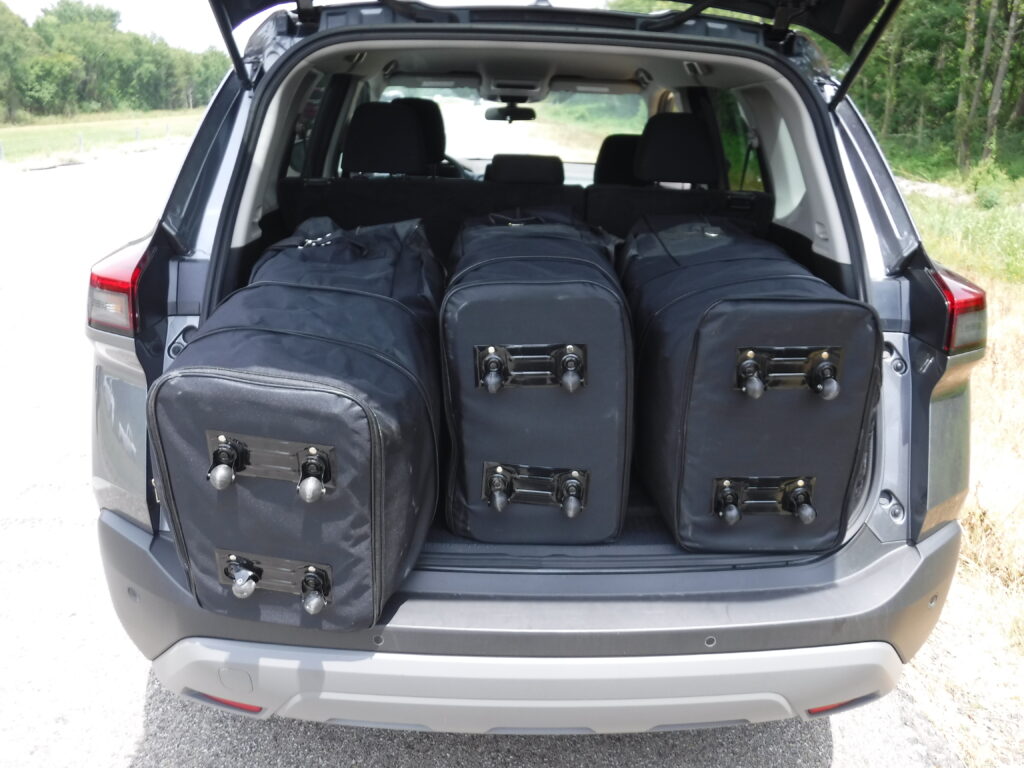Another Group Announces Opposition to Marijuana Amendment in Arkansas

Last week the group Protect Arkansas Kids filed campaign paperwork with the state Ethics Commission indicating it would oppose the Arkansas Medical Marijuana Amendment of 2024.
The marijuana amendment by Arkansans for Patient Access would change the state constitution to expand marijuana in the state. The group submitted signatures to place the measure on the ballot last Friday. The Secretary of State is currently reviewing and counting the signatures to determine if they are valid.
If passed, the marijuana amendment would drastically expand marijuana in Arkansas.
The amendment makes it possible for people to grow and use medical marijuana without suffering from a specific medical condition listed in state law.
The measure would give free marijuana cards to immigrants and out-of-state residents who come to Arkansas to use marijuana.
It also would guarantee marijuana growers and sellers a monopoly over the state’s marijuana industry.
The measure also fails to limit the amount of THC that marijuana products can contain, and it repeals restrictions on marijuana advertising.
All of this would lead to more marijuana in the state.
Arkansas voters rejected marijuana legalization at the ballot box in 2022. That amendment was opposed by a broad coalition of churches, business groups, elected officials, and citizens who knew that marijuana would be bad for Arkansas. We anticipate similar opposition to the 2024 marijuana amendment.
Articles appearing on this website are written with the aid of Family Council’s researchers and writers.
Arkansas Authorities Continue to Seize Illegal Marijuana from Out of State


Authorities in Arkansas continue to seize black market marijuana originating from out of state.
On Monday, the Arkansas State Police announced troopers had confiscated hundreds of pounds of illegal marijuana and THC over the course of traffic stops in June and July.
The press release indicated the drugs largely originated from outside of Arkansas.
We have written repeatedly about how marijuana’s legalization in other states has actually fueled the black market rather than weakening it.
Despite California’s decision to legalize marijuana, the state’s Unified Cannabis Enforcement Taskforce seized nearly 32,000 pounds of illegal marijuana in the first three months of 2024.
Oregon has been flooded by illegal marijuana operations controlled by organized crime and drug cartels. Some of these marijuana operations are tied to labor trafficking and violent crime.
Oklahoma authorities describe illicit marijuana as a problem that “plagues” their state.
The list goes on.
Right now the group Arkansans for Patient Access is actively working to drastically expand marijuana in Arkansas.
If passed, the amendment would give free marijuana cards to immigrants and out-of-state residents who come to Arkansas to use marijuana.
The amendment would guarantee marijuana growers and sellers a monopoly over the state’s marijuana industry.
Marijuana users would no longer need to show they suffer from a specific medical condition listed in state law — making it easier to use marijuana recreationally.
The measure also fails to limit the amount of THC that marijuana products can contain, and it repeals restrictions on marijuana advertising.
All of this would lead to more marijuana in the state.
Articles appearing on this website are written with the aid of Family Council’s researchers and writers.


